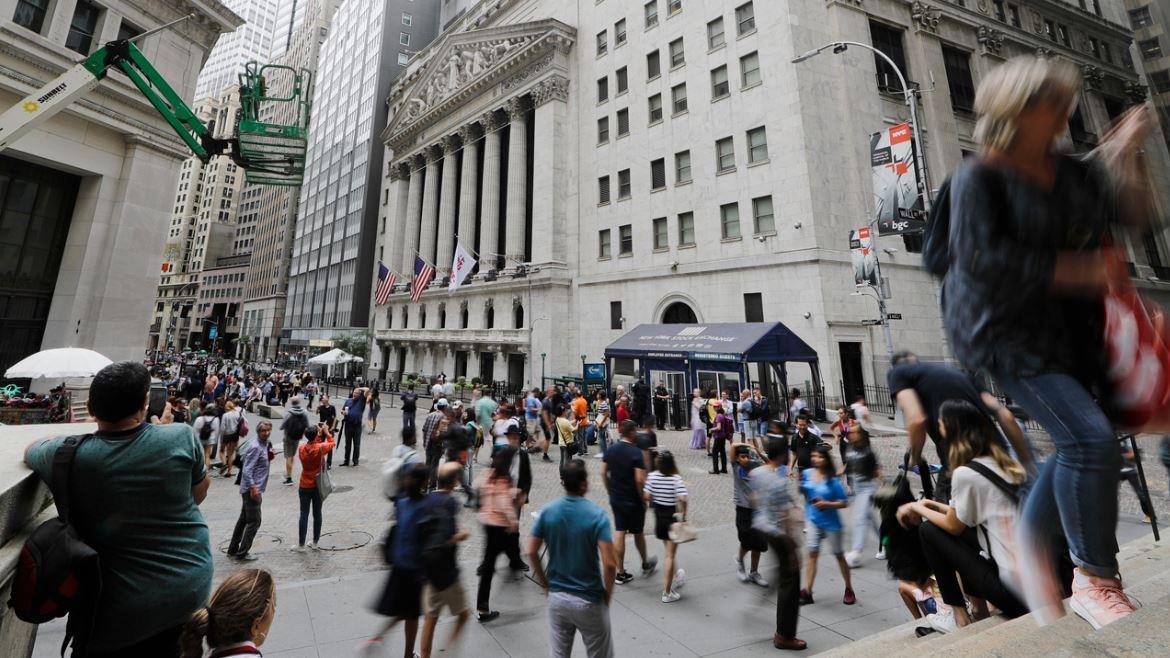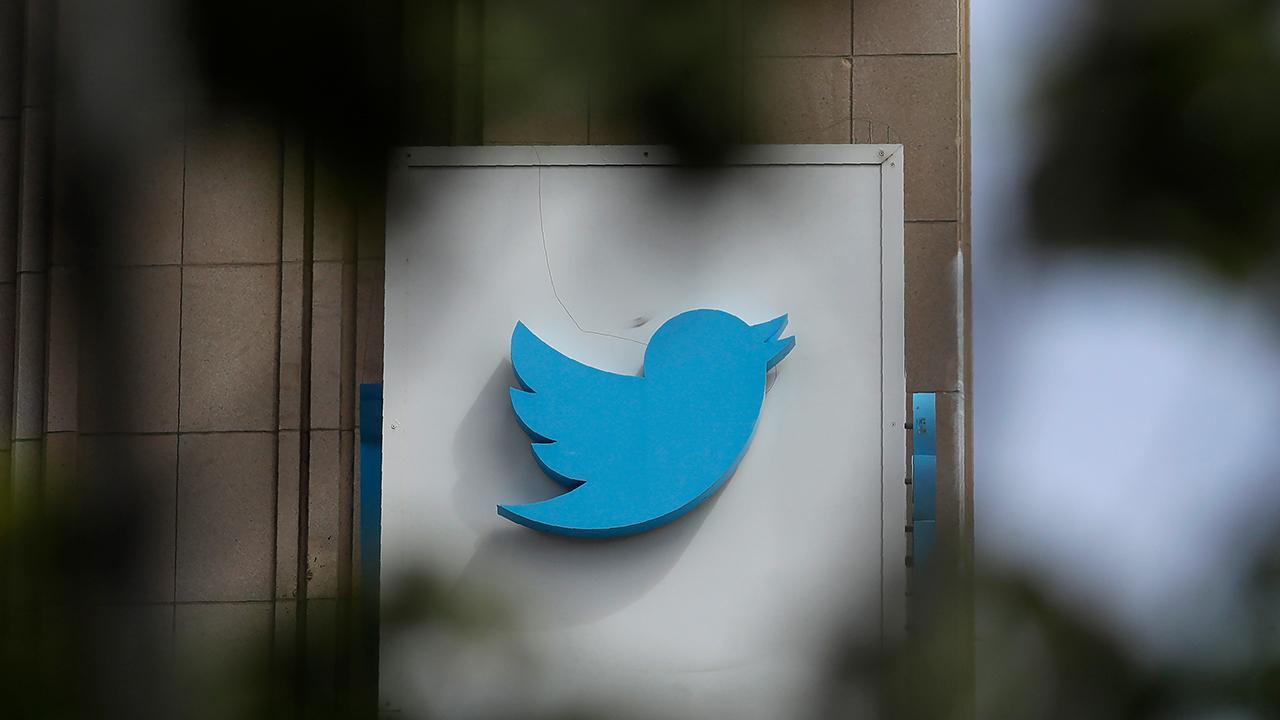Bradley Tusk: Why Facebook is missing the point on Twitter's political ad ban
Twitter shocked the business and political worlds this week by announcing the company would no longer accept political ads. It’s a bold move that few saw coming, one that so far isn’t welcomed by investors.
Twitter’s investors, like all investors, want to make money. As a general rule, turning away entire categories of advertising isn’t a great way to grow.
However, in this case, the real barometer isn’t whether or not political ads constitute a material enough portion of Twitter’s revenue to matter. The barometer is whether continuing to accept political ads would ultimately mean the death of Twitter altogether.
If Twitter didn’t take action and allowed political ads to proliferate, it would only lead to more controversy and more chaos. There’s no real way for Twitter – or any platform – to evaluate the honesty of every single political ad, which means invariably they’ll either turn away ads that are valid, accept ads that are inaccurate, or more likely, both.
CAROL ROTH: TWITTER BANS POLITICAL ADS - ANOTHER LOSS FOR FREE SPEECH
Anyone whose ads were unfairly rejected would use the decision to generate attention and outrage (since the point of political advertising is to generate attention and outrage in the first place).
CLICK HERE TO READ MORE ON FOX BUSINESS
Any time Twitter allowed ads that were misleading, they’d suffer the wrath of reporters, regulators, advocates and millions and millions of people criticizing them – on their own platform. And odds are, they’d get both wrong all of the time, creating a constant stream of bad press and never-ending distraction throughout all of 2020.
And all of that bad press? It leads to more and more regulation, restrictions and hits to the underlying business model and bottom line. It’s a death spiral.
Facebook has a lot more political advertising than Twitter, so there’s more money at stake (while Facebook says political ads only represent .5 percent of their total ad revenue, they’re excluding the spend from everyone but actual campaigns, so the real spend is a lot higher).
Now that Twitter’s taken a strong stand, everyone’s attention turns to Facebook. Facebook has a lot more political advertising than Twitter, so there’s more money at stake (while Facebook says political ads only represent .5 percent of their total ad revenue, they’re excluding the spend from everyone but actual campaigns, so the real spend is a lot higher).
Facebook’s investors won’t likely want to see the company voluntarily give up a revenue stream that easily stretches into the billions, and it’s hard to blame them. But if they care about the big picture, they’d urge Facebook to follow Twitter’s lead.
| Ticker | Security | Last | Change | Change % |
|---|---|---|---|---|
| FB | PROSHARES TRUST S&P 500 DYNAMIC BUFFER ETF | 42.42 | +0.35 | +0.84% |
| TWTR | NO DATA AVAILABLE | - | - | - |
Think about it: in the last five years, Facebook has gone from America’s darling to one of the most disliked companies in the world. There’s a complete absence of public trust in Facebook’s leaders and the social media giant is paying the price.
This week, Congress held hearings on Libra, Facebook’s proposed new payment and currency system. None of the questions – at least those featured in the media coverage – were about Libra. They were all just expressions of anger about Facebook’s decisions around political ads.
GET FOX BUSINESS ON THE GO BY CLICKING HERE
Lawmakers ultimately care about issues that impact lawmakers and little else, which means they’ll always only evaluate Facebook in the context of their policies around political advertising. Keeping political ad revenue probably means Libra stays mothballed for the foreseeable future.
BRADLEY TUSK: AMAZON’S AMATEURISH NYC DEBACLE: WHY EVERYTHING FELL APART
Caught by surprise during an earnings call yesterday afternoon, Facebook CEO Mark Zuckerberg doubled down on his refusal to ban political ads, arguing that accepting ads increases transparency (his logic is hard to follow).
Facebook COO Sheryl Sandberg said the same in an interview yesterday, arguing that Facebook doesn’t care about the revenue from political ads but that banning them would undermine the first amendment. Her logic is equally hard to follow.
Twitter made a pragmatic decision that prioritized their long-term well-being over the next few quarters’ revenue targets. Regardless of how the markets react today, it was a smart move. Let’s see if Facebook ultimately realizes that too.
Bradley Tusk is a venture capitalist who protects startups from political risk. He is the CEO and founder of Tusk Ventures, the first venture capital fund dedicated to working with and investing in startups in regulated industries. His fund, Tusk Ventures, has now worked with and invested in dozens of startups like Bird, FanDuel, Lemonade, Eaze, Circle and Ripple. Bradley previously served as Mayor Bloomberg’s campaign manager in New York City, Deputy Governor of Illinois, and Senator Chuck Schumer’s communications director.





















